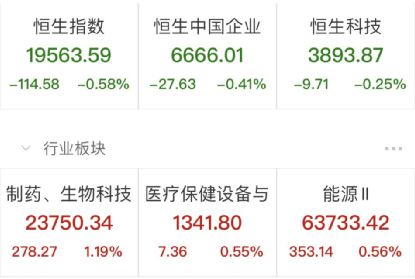Investing in inspection stocks can be a strategic move, given the increasing importance of quality control and regulatory compliance across various industries. Inspection companies play a crucial role in ensuring products meet safety standards, regulations, and customer expectations. This article aims to provide insights into the inspection industry, key considerations for investors, and guidance on making informed investment decisions.
Inspection stocks belong to companies specializing in providing inspection, testing, certification, and compliance services across different sectors such as manufacturing, healthcare, food, construction, and more. These companies offer a range of services including:

Investing in inspection stocks can provide exposure to industries with steady demand regardless of economic conditions. Regulatory requirements and consumer preferences drive the need for inspection services, making this sector resilient to market fluctuations.
Before investing in inspection stocks, it's essential to consider several factors:
Evaluate the growth prospects of industries requiring inspection services. Industries such as pharmaceuticals, automotive, and electronics are expected to witness sustained growth, driving demand for quality assurance and compliance services.
Assess the competitive landscape within the inspection industry. Look for companies with strong market positions, diversified service offerings, and a track record of innovation.
Understand the regulatory frameworks governing industries served by inspection companies. Changes in regulations can impact demand for inspection services, so staying informed about regulatory trends is crucial.
Examine the financial health and performance metrics of inspection companies. Look for companies with consistent revenue growth, strong profitability, and a solid balance sheet.
Consider the adoption of technology within the inspection industry. Companies leveraging advanced technologies such as artificial intelligence, IoT, and data analytics may have a competitive edge in delivering efficient and accurate inspection services.
When investing in inspection stocks, follow these guidelines to make informed decisions:
Spread your investments across multiple inspection companies to reduce risk exposure. Diversification helps mitigate the impact of companyspecific challenges or industry fluctuations.
Take a longterm view when investing in inspection stocks. While shortterm market fluctuations may occur, focus on the underlying growth drivers of the inspection industry and the potential for sustained demand over time.
Conduct thorough research and due diligence before making investment decisions. Analyze company financials, industry trends, competitive positioning, and regulatory factors to assess the investment opportunity.
Stay updated on industry developments, technological advancements, and regulatory changes that may impact the inspection sector. Being informed allows investors to adapt their investment strategies accordingly.
Seek advice from financial advisors or investment professionals, especially if you're new to investing or unsure about specific companies or sectors. Professional guidance can help align your investment goals with suitable opportunities.
Investing in inspection stocks offers exposure to a resilient sector with significant growth potential. By understanding the key factors influencing the industry and following sound investment principles, investors can capitalize on opportunities within the inspection sector while managing risk effectively.